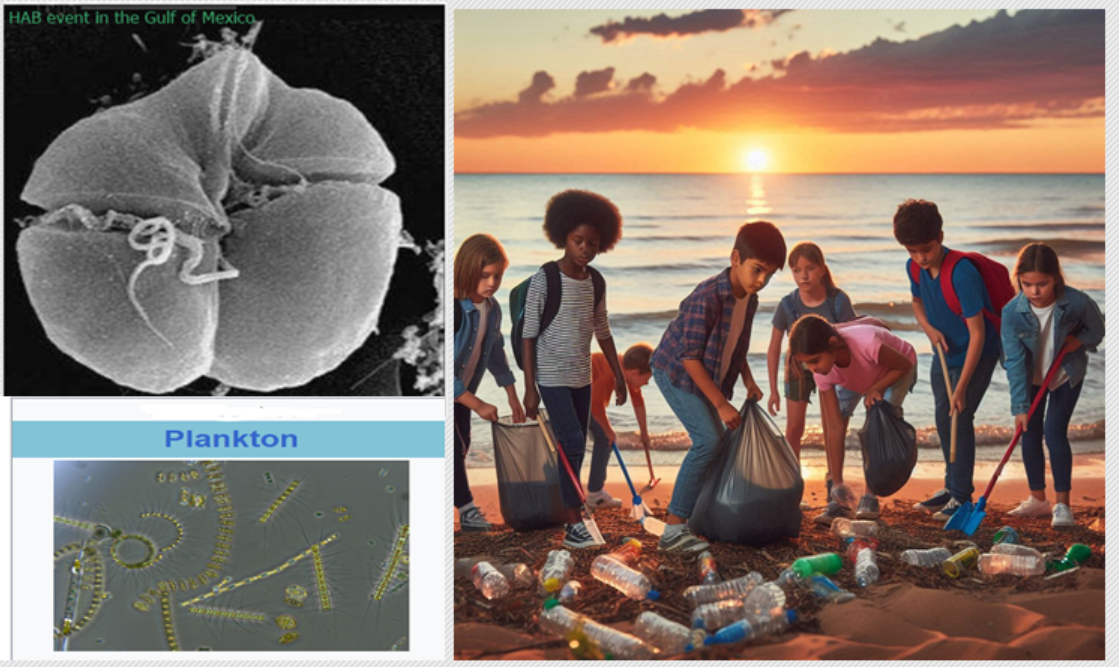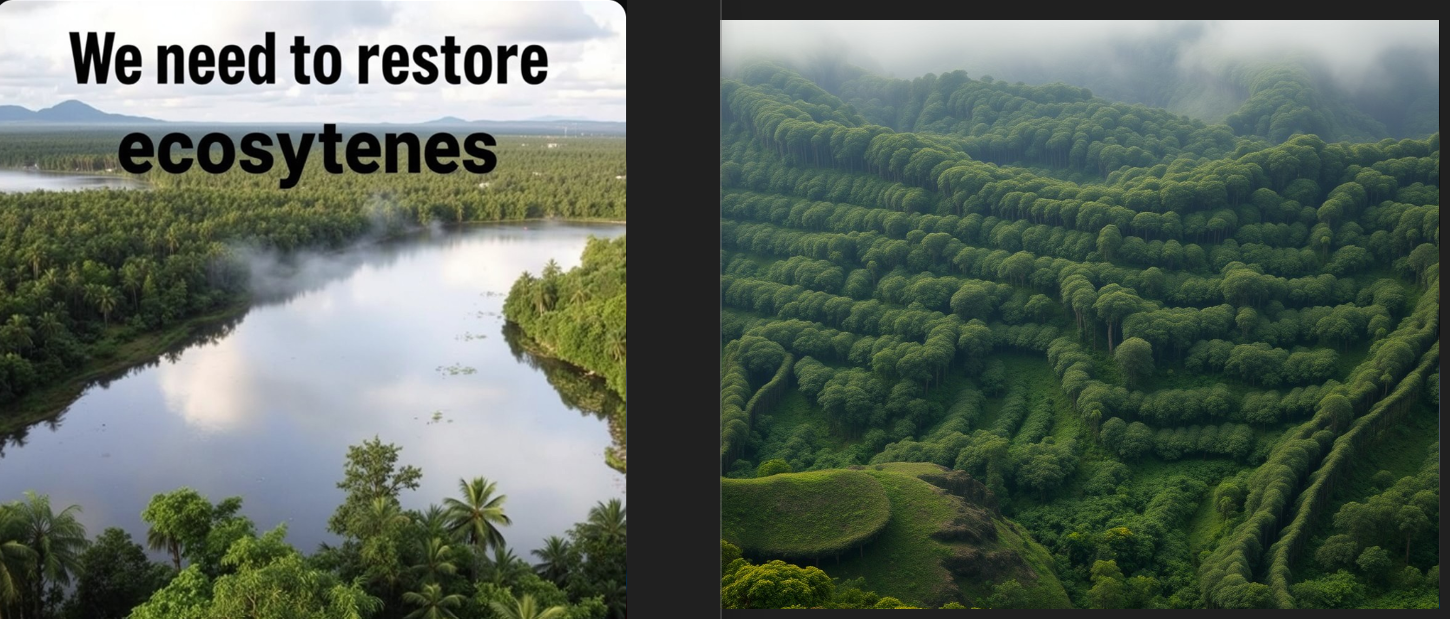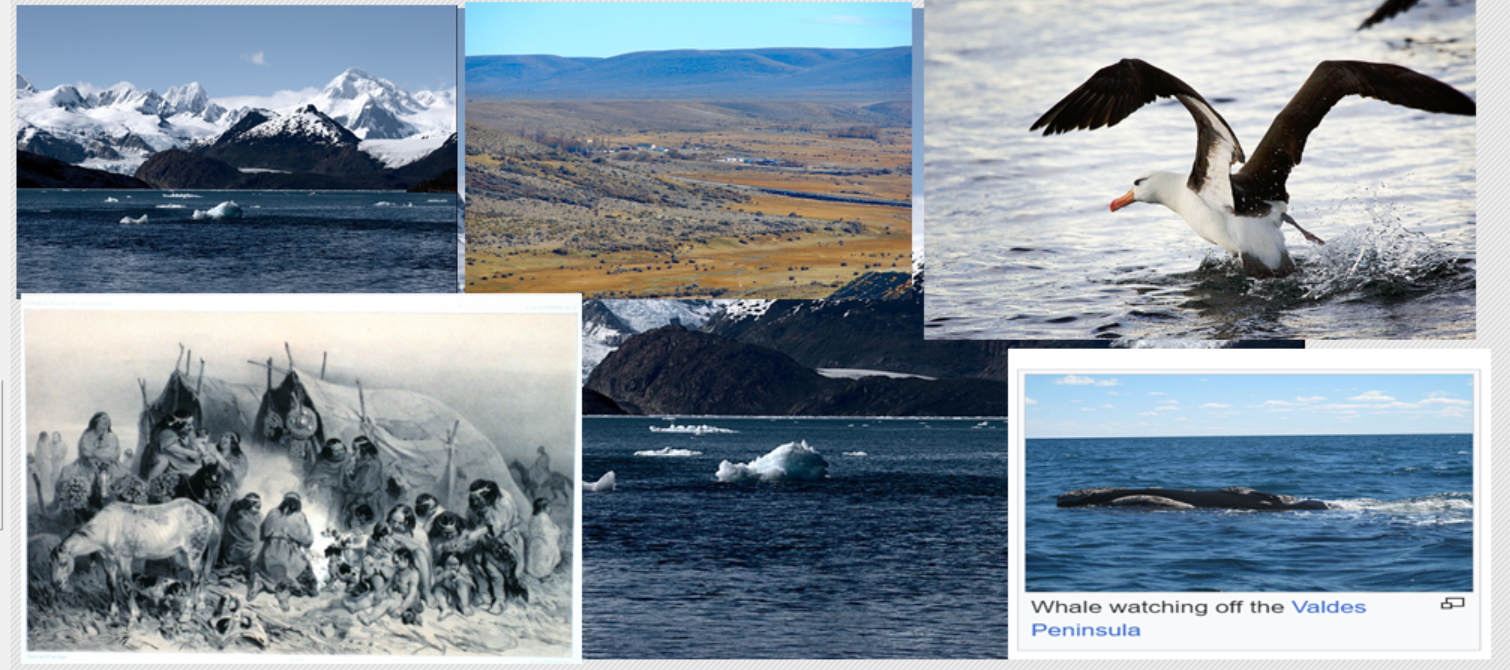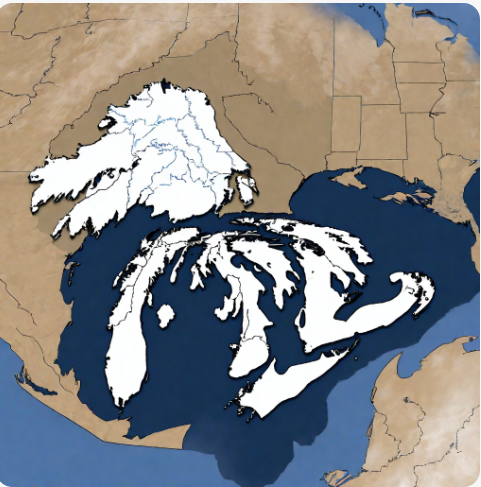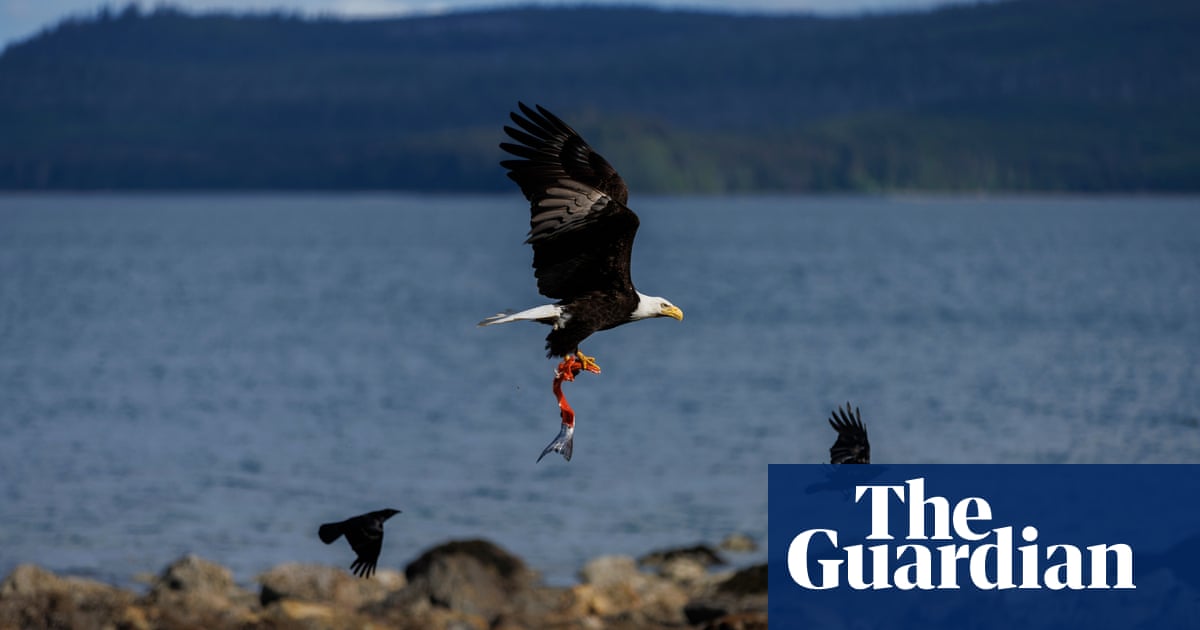Spotify´s View for upcoming expansion
Almost a decade old, Spotify aims to take the music and entertainment industry even further with every incremental step it takes each day as the dominant music streaming platform. Per innovation and UX, the company has defined a few core tenets on what will enable future growth.
For more information:
https://open.spotify.com/
Increasing Content offerings
Spotify said it will diversify the content it has on offer apart from music. To create a complete audio world with audio for podcasts, audiobooks and exclusive live events the platform envisions. This will bring in a larger crowd and increase user interaction.
Enter the Global Market
Spotify is trying to grow in emerging markets around the globe. So in order to capture new users in areas with rising internet access and smartphone penetration, the company is moving based on localizing its content and giving various versions of the platform.
Strategic Partnerships
Spotify needs artists, brands & tech companies to do this Spotify's Growth Play Spotify's partnership with top-tier creators and the streaming of music via smart devices is the only way ahead — enhance its discoverability and accessibility, scale to more potential listeners.
Investment in Innovation
The health of technology and research is fundamental for the future Spotify. The company is exploring the new audio capabilities, UI layer and interactive components to compete against competitors and adapt to changing needs of consumers.
Spotify, in summary has smartly focused itself on increasing content from a content-per-sender perspective, depth / intensity of personalization, market expansion & partnerships and innovation, which makes the company very poised for further growth in this continuously evolving entertainment ecosystem.
#SEO #Spotify #Stock #Music
Almost a decade old, Spotify aims to take the music and entertainment industry even further with every incremental step it takes each day as the dominant music streaming platform. Per innovation and UX, the company has defined a few core tenets on what will enable future growth.
For more information:
https://open.spotify.com/
Increasing Content offerings
Spotify said it will diversify the content it has on offer apart from music. To create a complete audio world with audio for podcasts, audiobooks and exclusive live events the platform envisions. This will bring in a larger crowd and increase user interaction.
Enter the Global Market
Spotify is trying to grow in emerging markets around the globe. So in order to capture new users in areas with rising internet access and smartphone penetration, the company is moving based on localizing its content and giving various versions of the platform.
Strategic Partnerships
Spotify needs artists, brands & tech companies to do this Spotify's Growth Play Spotify's partnership with top-tier creators and the streaming of music via smart devices is the only way ahead — enhance its discoverability and accessibility, scale to more potential listeners.
Investment in Innovation
The health of technology and research is fundamental for the future Spotify. The company is exploring the new audio capabilities, UI layer and interactive components to compete against competitors and adapt to changing needs of consumers.
Spotify, in summary has smartly focused itself on increasing content from a content-per-sender perspective, depth / intensity of personalization, market expansion & partnerships and innovation, which makes the company very poised for further growth in this continuously evolving entertainment ecosystem.
#SEO #Spotify #Stock #Music
Spotify´s View for upcoming expansion
Almost a decade old, Spotify aims to take the music and entertainment industry even further with every incremental step it takes each day as the dominant music streaming platform. Per innovation and UX, the company has defined a few core tenets on what will enable future growth.
For more information:
https://open.spotify.com/
Increasing Content offerings
Spotify said it will diversify the content it has on offer apart from music. To create a complete audio world with audio for podcasts, audiobooks and exclusive live events the platform envisions. This will bring in a larger crowd and increase user interaction.
Enter the Global Market
Spotify is trying to grow in emerging markets around the globe. So in order to capture new users in areas with rising internet access and smartphone penetration, the company is moving based on localizing its content and giving various versions of the platform.
Strategic Partnerships
Spotify needs artists, brands & tech companies to do this Spotify's Growth Play Spotify's partnership with top-tier creators and the streaming of music via smart devices is the only way ahead — enhance its discoverability and accessibility, scale to more potential listeners.
Investment in Innovation
The health of technology and research is fundamental for the future Spotify. The company is exploring the new audio capabilities, UI layer and interactive components to compete against competitors and adapt to changing needs of consumers.
Spotify, in summary has smartly focused itself on increasing content from a content-per-sender perspective, depth / intensity of personalization, market expansion & partnerships and innovation, which makes the company very poised for further growth in this continuously evolving entertainment ecosystem.
#SEO #Spotify #Stock #Music
0 Comments
0 Shares
518 Views





